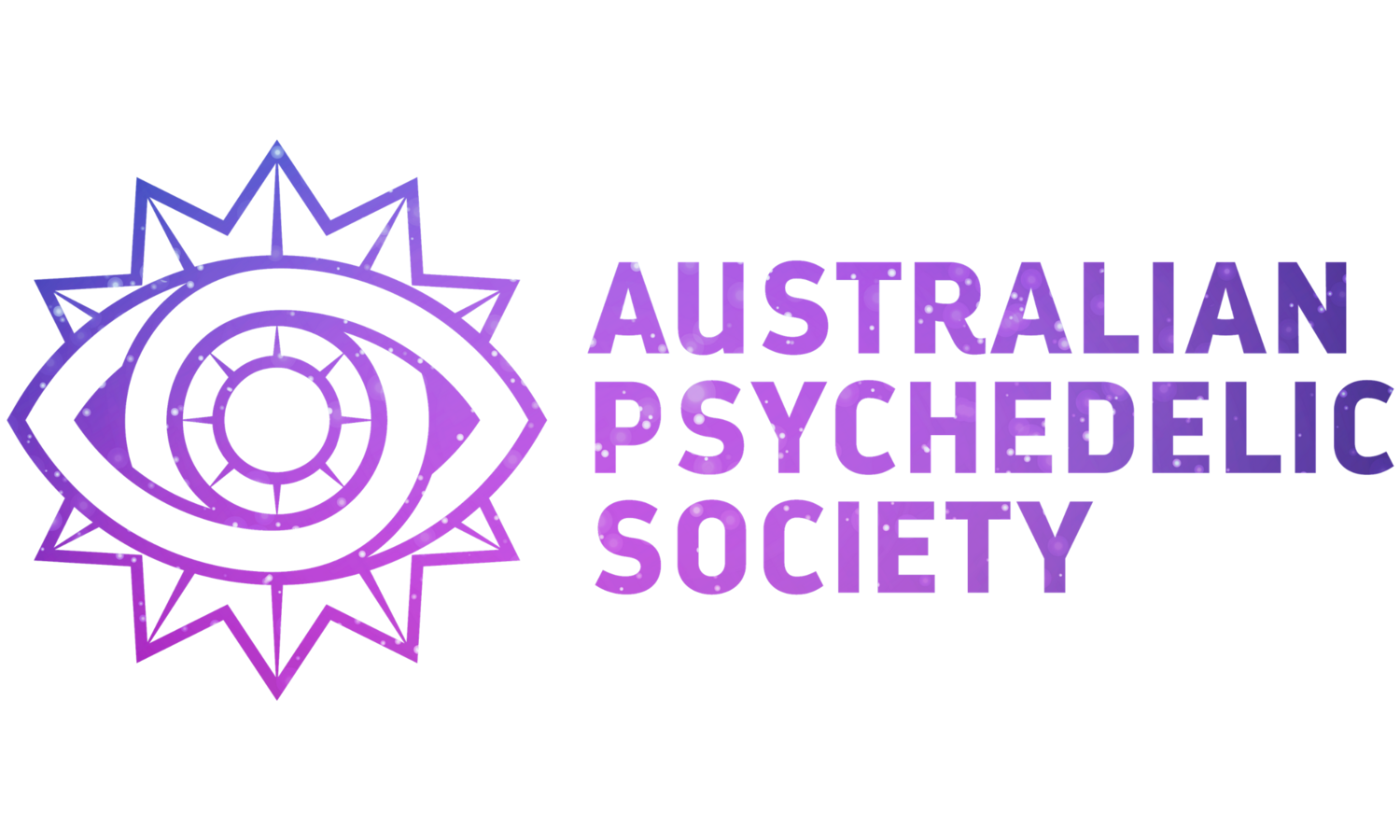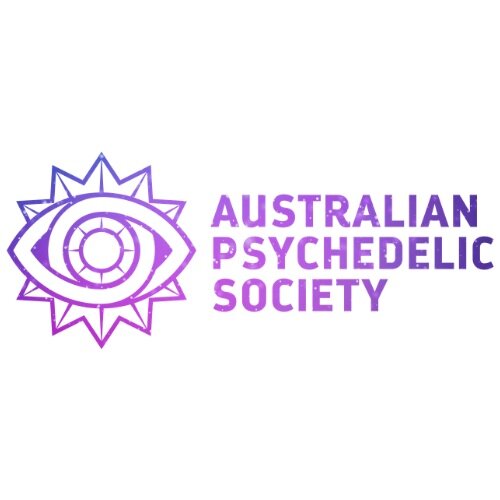APS Response to Four Corners “Psyched Up”
Many people, both those involved with psychedelics and the general public, experienced a range of emotions when watching the ABC Four Corners program, “Psyched Up”. For legal reasons we are not going to comment on specific allegations or the people they’ve been made against, and have nothing to say on whether they are true or not. But some of the issues raised are highly relevant to the Australian Psychedelic Society’s mission & purpose and close to the hearts of everyone who volunteers with us. So, we would like to take the opportunity to re-state our positions on these general issues, and how we think the situation can be improved.
The reality of psychedelics
We acknowledge that psychedelics are not safe or effective for everyone and do not propose that they are a cure-all or ‘magic bullet’ for alleviating all psychological difficulties. However, we firmly believe that the use of psychedelics outside clinical settings can be safe when well-established harm reduction practices are adhered to. We strongly believe that the responsible and thoughtful use of psychedelics can confer significant psychological benefits to many people, including when they are used outside clinical settings. This belief is supported by the published scientific evidence exploring the immediate and lasting psychological effects of non-clinical psychedelic use in otherwise healthy adults and those suffering a range of mental health conditions, including mood and anxiety difficulties and problematic substance use; it is also supported by the overwhelming anecdotal evidence we hear from our community every day.
We also strongly believe that the clinical use of psychedelics by trained professionals is an important emerging treatment paradigm in the mental health field. We think it will likely greatly benefit significant numbers of people. These professionals must have a sound understanding of the effects of the substances they are working with. It is critical that patients who are unfamiliar with psychedelics are provided adequate information to ensure truly informed consent. We do not believe this is the only way the use of psychedelics can confer significant psychological benefits. But, it will be an important option for those who wish to access psychedelic treatments through a more medicalised framework and who may not be able to safely or comfortably undertake these experiences outside that framework.
Bad actors in the space shouldn’t detract from ongoing support for reform.
There are several long-standing, community-led organisations representing the psychedelic community in Australia. These organisations, governed by their codes of ethics, are acting to improve the safety and wellbeing of people who use psychedelics and their loved ones by providing harm reduction and educational resources as well as fostering a supportive and inclusive community. This includes bringing to light concerning behaviours and addressing confronting questions surrounding abusive practices where they arise within the community of psychedelic users, practitioners, or researchers. These organisations acknowledge that abuses in psychedelic communities, while rare, have occurred. In doing so, we acknowledge that already marginalised groups are more vulnerable to experiencing this abuse, including women and the LGBTIQA+ community. We do not condone any abusive behaviour, especially where it involves abuses of power and consent. We believe that the best approaches to eliminating this abuse will include:
Decriminalisation of the use of psychedelic substances to facilitate the reporting of abuse that has occurred where the victim has consumed illicit substances and may otherwise be wary of criminal prosecution themselves should they come forward.
Education around abuse and consent as part of broader harm reduction and benefit optimisation information campaigns.
Supporting victims of abuse by, should they choose to, encouraging them to speak out about their experiences.
The legalisation of clinical use of psychedelics by regulated healthcare practitioners.
Training of psychedelic practitioners who are not otherwise regulated healthcare practitioners and the establishment of a regulated system for licensing these practitioners.
Effective prosecution of abusers.
We firmly believe that abuses associated with the administration or use of psychedelics are far harder to address as long as the use of psychedelics is criminalised. For this reason, and because doing so would jeopardise our organisation’s existence, we have never referred anyone to underground psychedelic practitioners or facilitators. This will not change until the legal situation changes.
In an ideal world, psychedelics would be legalised, including for non-clinical use. This would allow for legal consumer protections which would manage where and how psychedelics could be produced, sold, and consumed.
What can we do?
There is increasing acknowledgement of the potential benefits of the use of psychedelics. There is also a large body of evidence suggesting their use can be safe when practised responsibly. However, the current illegality of these substances significantly increases the risk associated with their use. People are less likely to seek medical, psychological, or legal assistance if they need it, due to worrying about facing drug charges. Psychedelics being illegal means there is no ability to regulate the quality or content of psychedelic substances, nor the suitability of every person offering psychedelic-related services such as psychedelic therapy, sitting, guiding or facilitation.
The only way these laws can change is if the government understands that people can and do benefit from these substances when they are used in a safe and responsible manner in line with well-established harm reduction practices. If you or someone you love has or may benefit from the use of psychedelics, or if you believe it is unreasonable to criminally prosecute those who seek to improve aspects of their experience of life through the use of these relatively low-risk substances that pose little risk to the wider society, you can help.
Decriminalisation, which is the removal of criminal penalties for personal use and possession of psychedelic substances and possibly the personal cultivation of some currently prohibited psychedelic substances such as psilocybin mushrooms, is a state government decision. If you want to see changes to these laws, please consider writing to your local state politicians, state Attorney General as well as your state Health and Police Ministers. The letter does not have to be long or detailed, it just has to express your belief that the use of psychedelics by adults should not be considered a criminal matter. This does not support criminal enterprises but does mean users of these substances would no longer face the possibility of hefty criminal charges.
Legalisation of psychedelics for non-clinical use will involve complex changes to both state and federal laws & regulations and requires a significant change in how politicians and regulators think about psychoactive substances (other than alcohol and caffeine). This, if it can be achieved at all, is a long-term project. If you support this sort of legalisation, we would suggest you start by writing to the state politicians we mentioned for decriminalisation.
Legalisation of these substances for therapeutic purposes, which would allow the possibility of a government regulated supply and facilitate ‘clinical’ or medical use is a federal government decision. Letters should be addressed to your local federal MP or the office of the federal Minister for Health and Aged Care.
We appreciate that this is a difficult and potentially divisive time for many people in Australian psychedelic communities. Different organisations have different ideas about what the best way forward is. We believe that broad legal reform for psychedelics that goes beyond clinical settings, combined with education and community engagement is the best option. If you want to be involved in this community-driven approach, please reach out via email or facebook. We’d love to hear from you.
Read our Code of Ethics Here and more about what the APS does Here
If you need someone to speak with about any difficulties you are experiencing please contact:
Lifeline on 131 114
Or for more support services visit: https://www.healthdirect.gov.au/mental-health-helplines
National Sexual Assault, Domestic Violence Counselling Service 24-hour helpline 1800 RESPECT on 1800 737 732 or https://www.1800respect.org.au/

